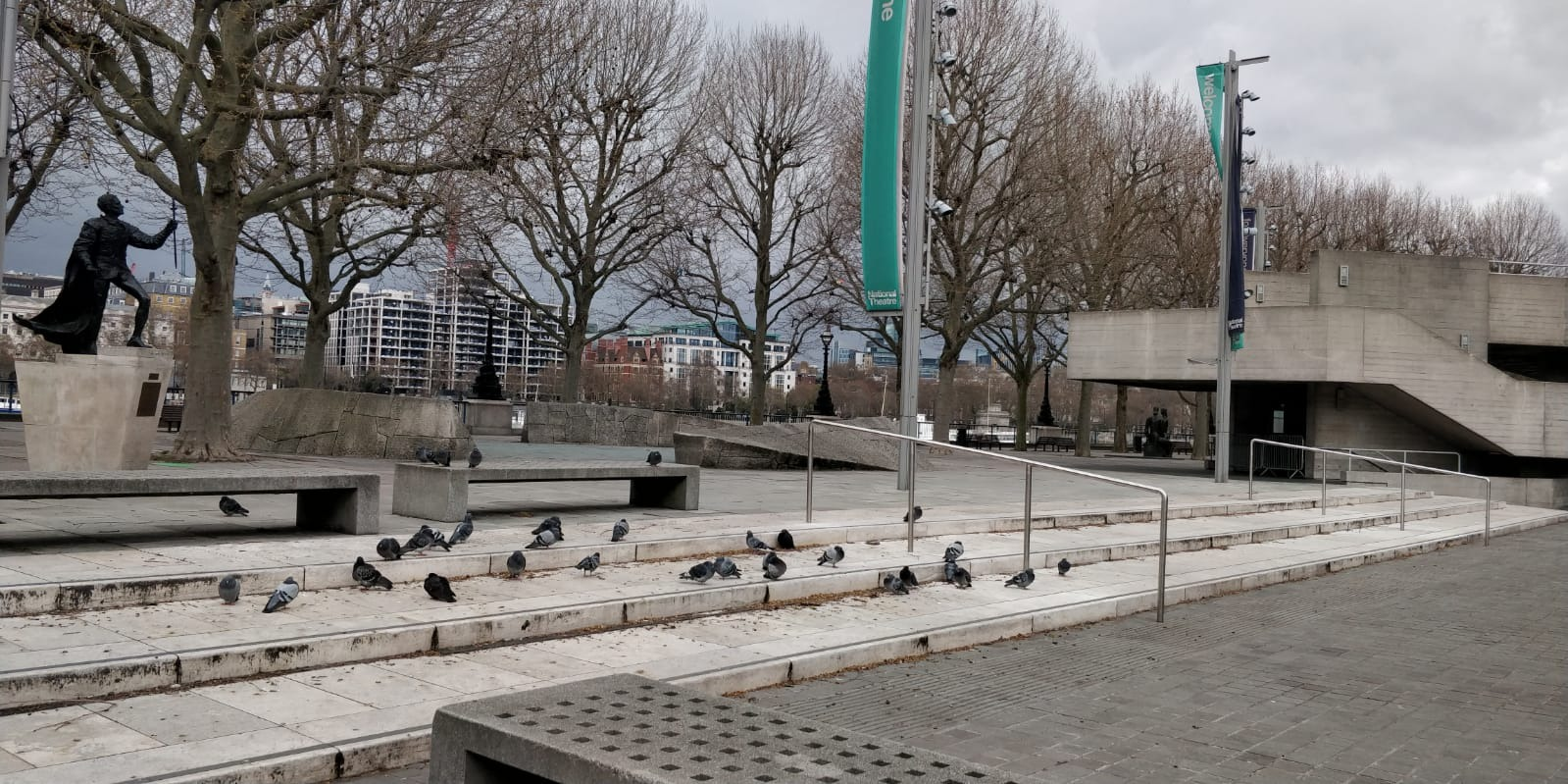
When the audiences go, what happens to the buildings left behind?
While our concert halls, theatres, galleries and museums sit empty, dedicated teams take centre stage to make sure venues are read…

While our concert halls, theatres, galleries and museums sit empty, dedicated teams take centre stage to make sure venues are read…
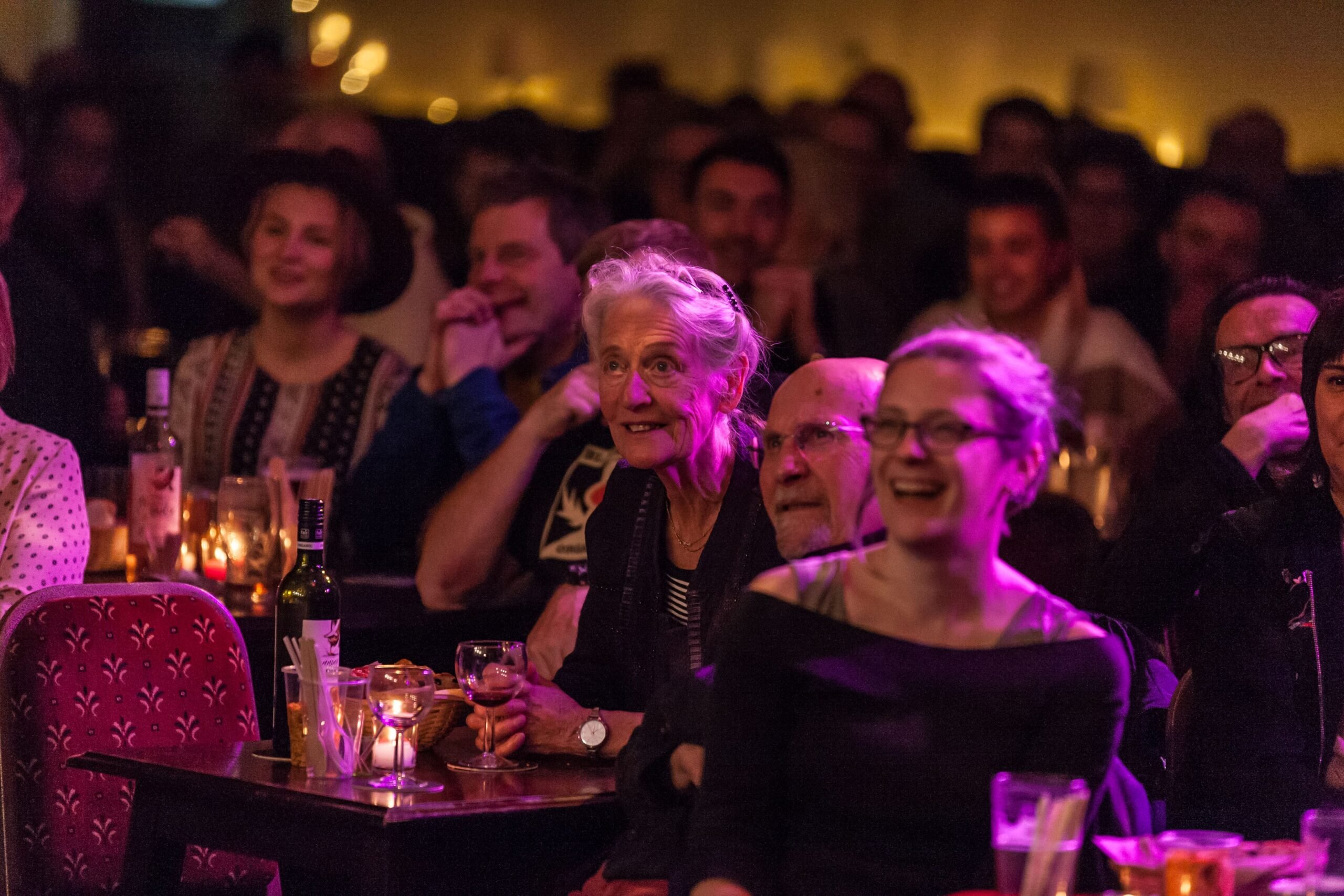
Being at the heart of its community is the hallmark of Slung Low’s creative work. Its doors may be closed but its community…

When the coronavirus crisis ends and government is prioritising what happens next, nothing will be more important than being able…
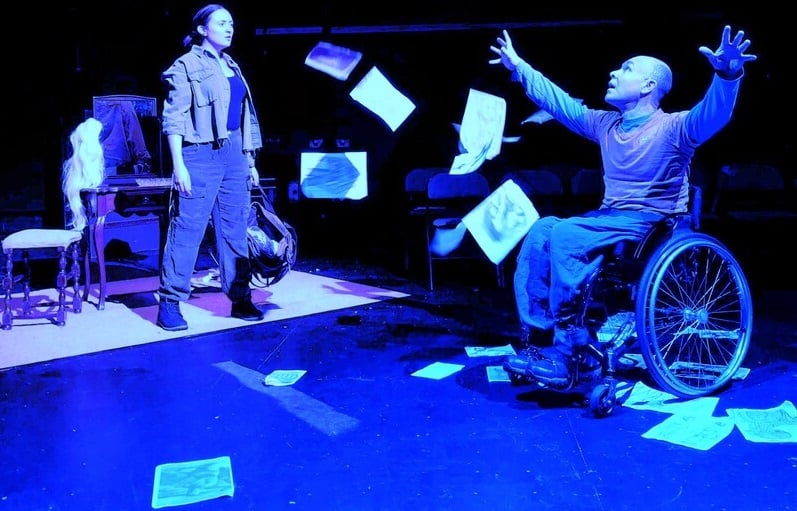
Age-old paternalistic attitudes will persist unless disabled people lead change themselves, says Vici Wreford-Sinnott.
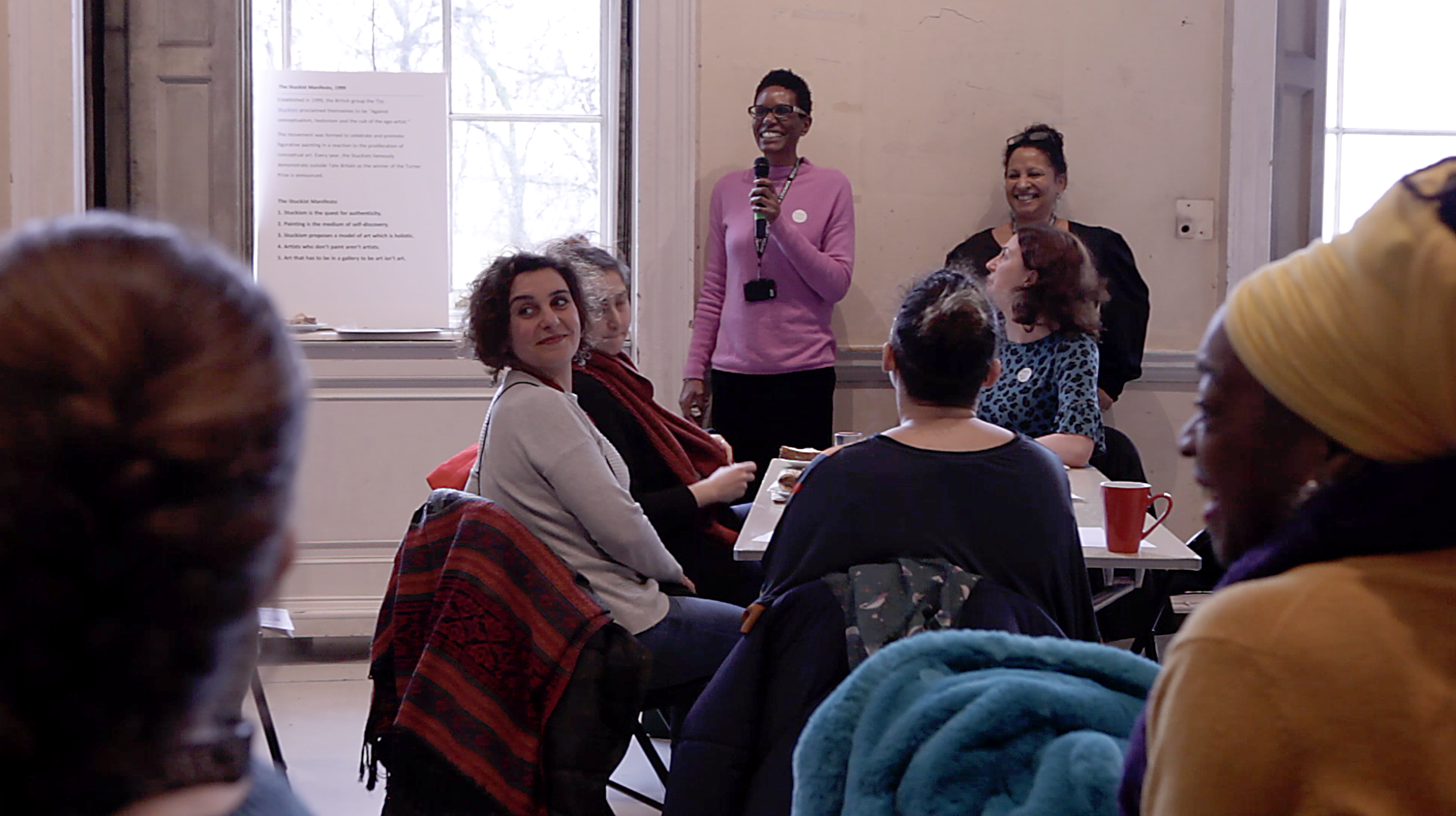
As we rebuild the arts sector there are some things we must not lose. If we narrow our priorities too tightly we will limit our po…
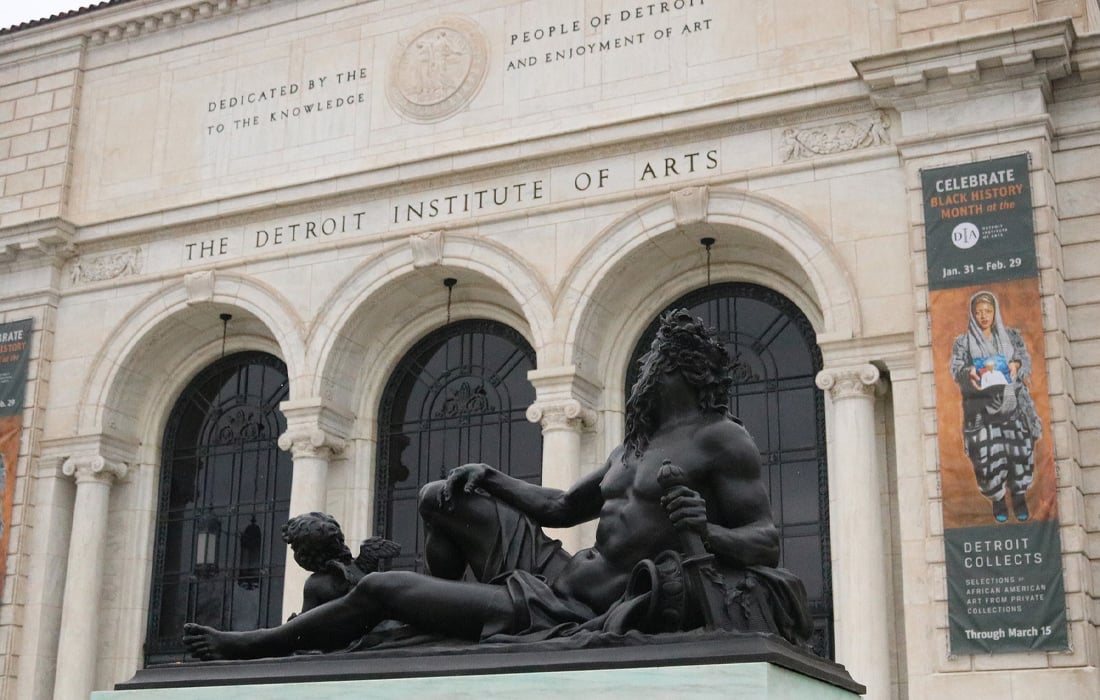
Over the coming weeks, arts funders and philanthropists must make heart-rending decisions about who will survive. A coordinated ap…
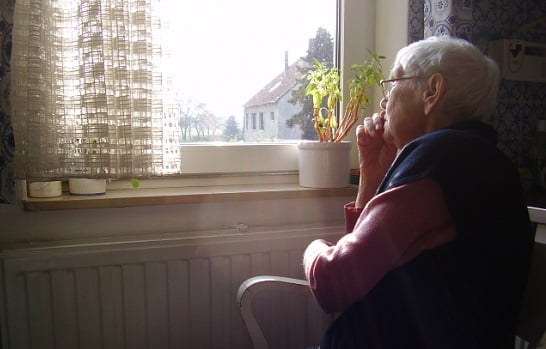
Fundraising might seem impossible right now but donors need to hear from you on good days and bad, writes Michelle Wright.

Audiences like to feel personally responsible for bringing about positive change, says Sean Hanly, so giving them the chance to co…

How do arts organisations and individuals cope when what we do so instinctively is threatened? Lead the way and self care says Suz…

How do you keep connected in our Covid-19 world? #CreativeNetwork is a chance to talk about creative responses to enforc…
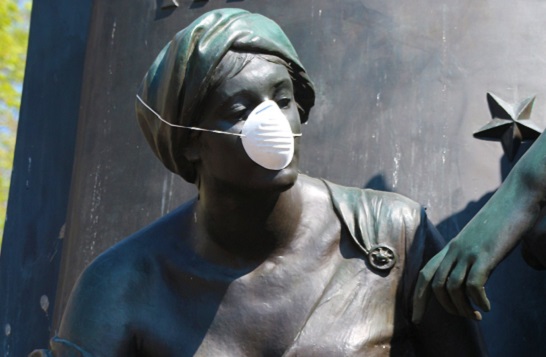
The new AP microsite presents a round-up of the most relevant, interesting and quirky developments as the lockdown starts to bite….
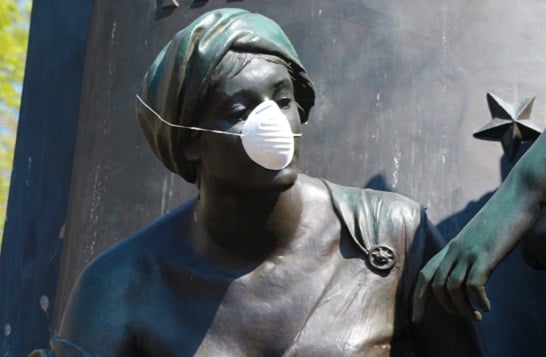
In uncertain times, ArtsProfessional will be providing regular updates on projects and resources to support wellbeing, career…

The challenges facing arts organisations have changed dramatically – but that doesn’t mean giving up on our core value…
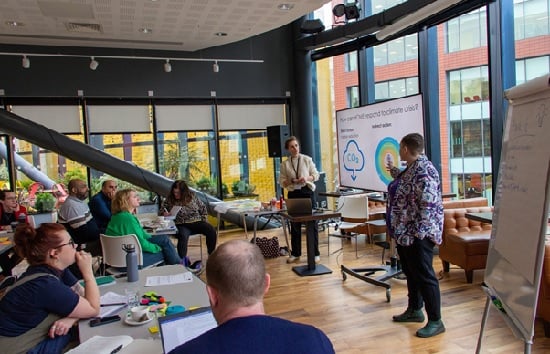
From job titles to meeting agendas, Debbie Bell explains why no stone is left unturned in her trustees’ approach to tackling…
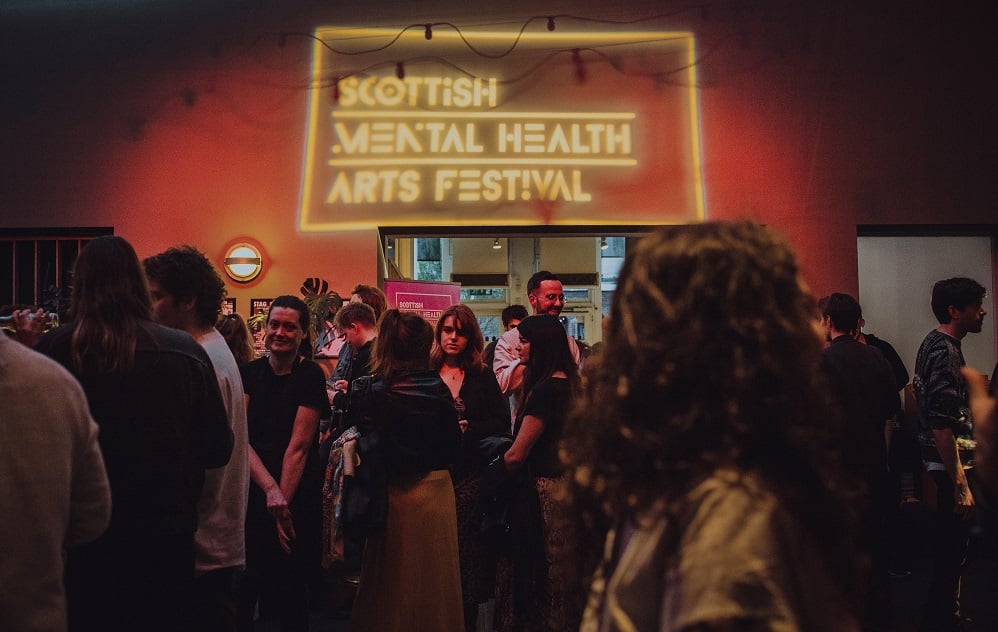
David Cutler explains why the Baring Foundation will be supporting this flourishing yet sometimes precarious area of work in a maj…
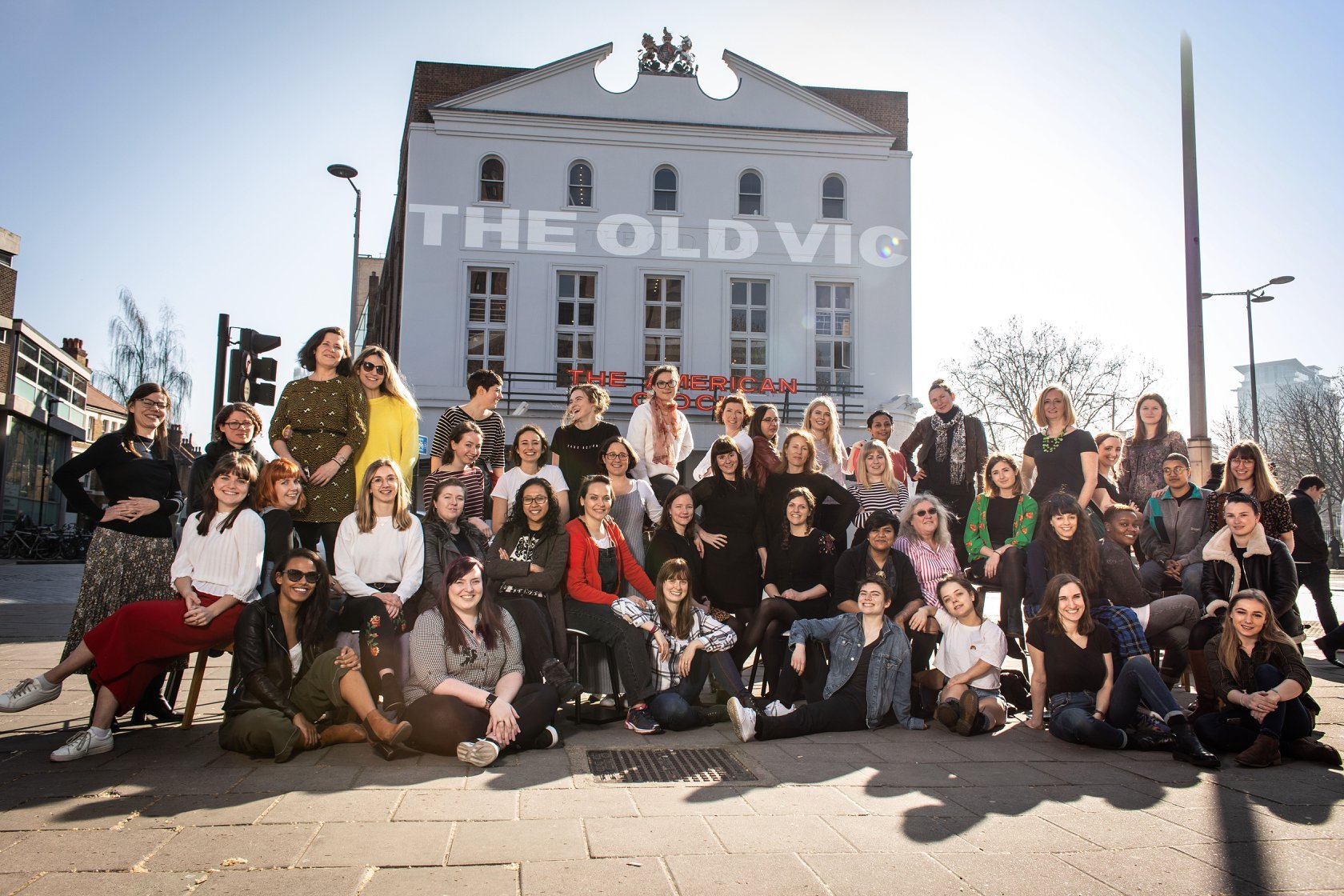
Theatre producer Hannah Elsy reflects on the people who taught her to focus on the details without forgetting the big picture.&nbs…

Technocratic, old-school approaches to building audiences have only worked among privileged groups. The sector needs to think hard…
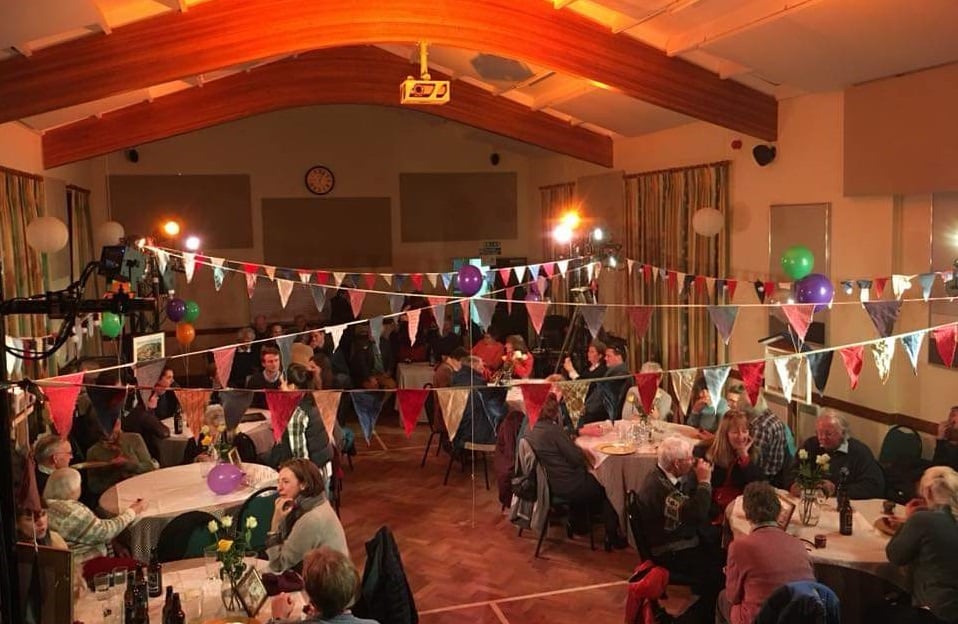
Working with rural communities to stage small-scale performances is good for the arts, the environment and local people, writes So…
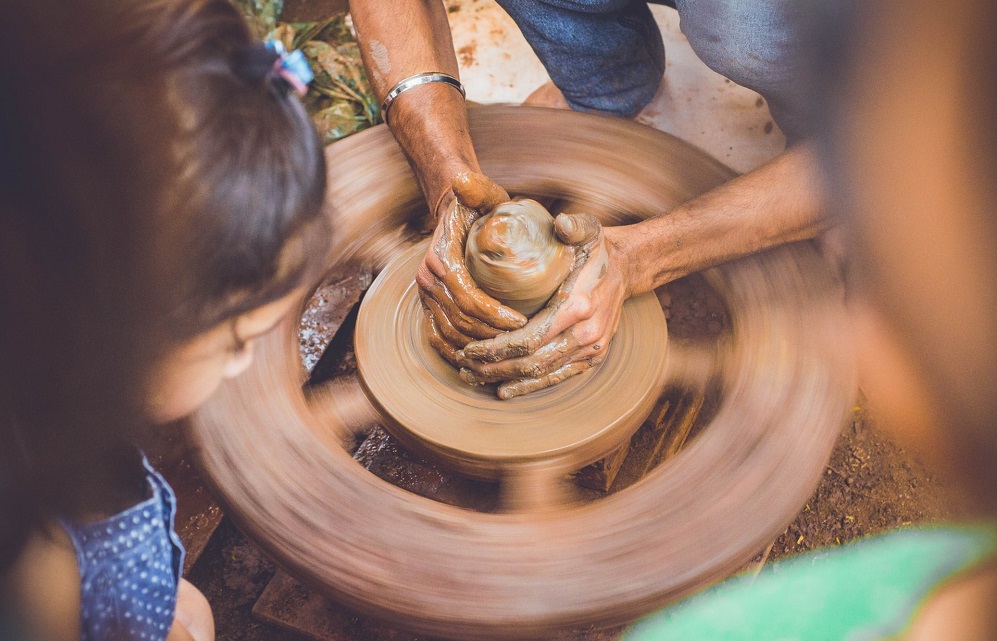
Where ACE once sought to democratise high culture, it now emphasises subjective creativity. Has this made the idea of an ‘au…
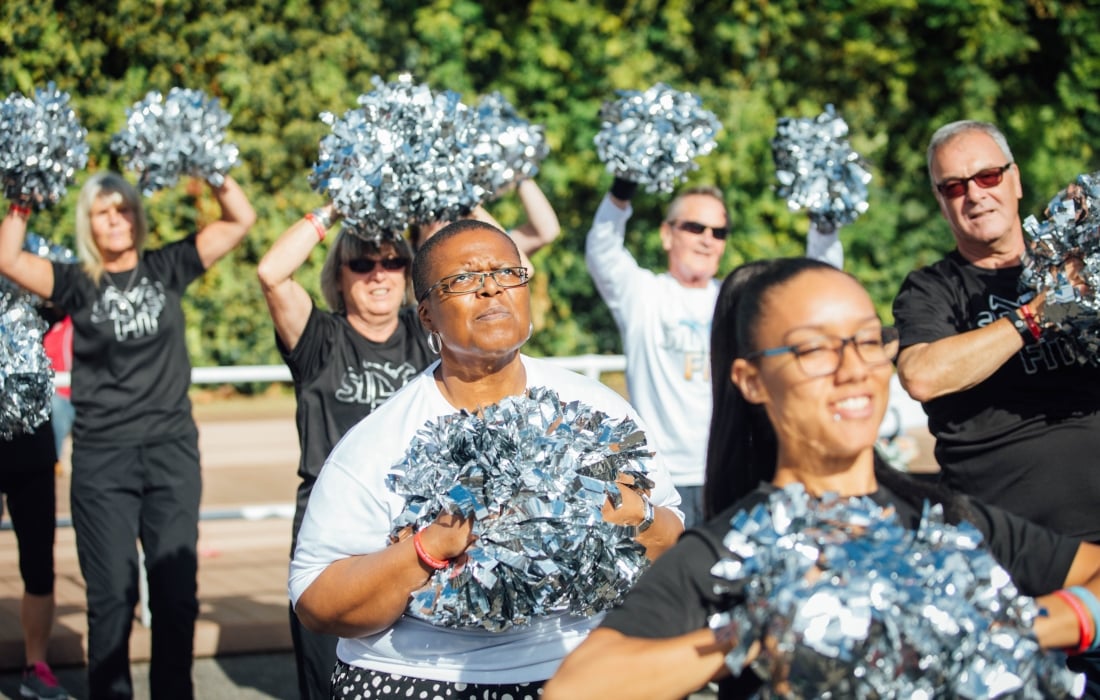
The arts sector must do more to include older people, not only as consumers but also as creators of culture, says Stella Duffy.
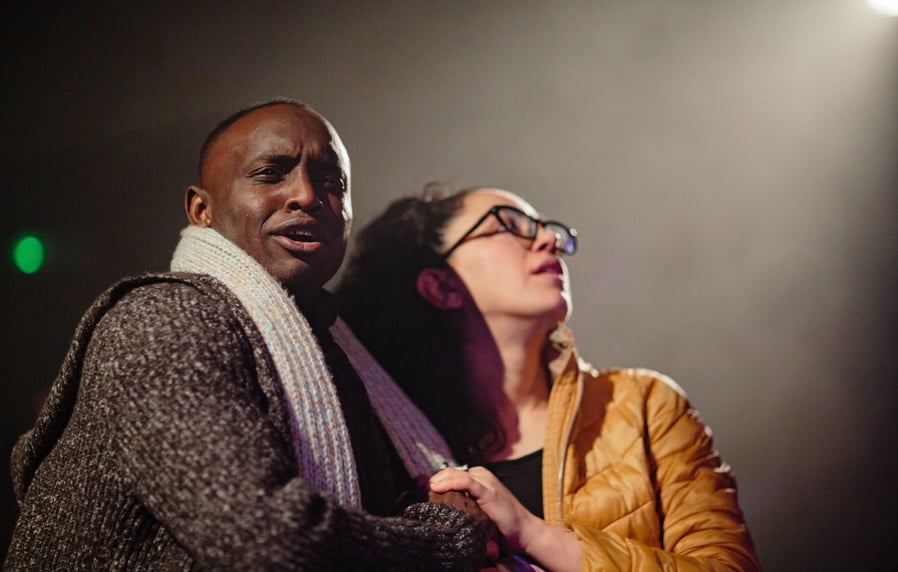
Community productions across England are transforming attitudes to theatre among audiences with little experience of the artform,…
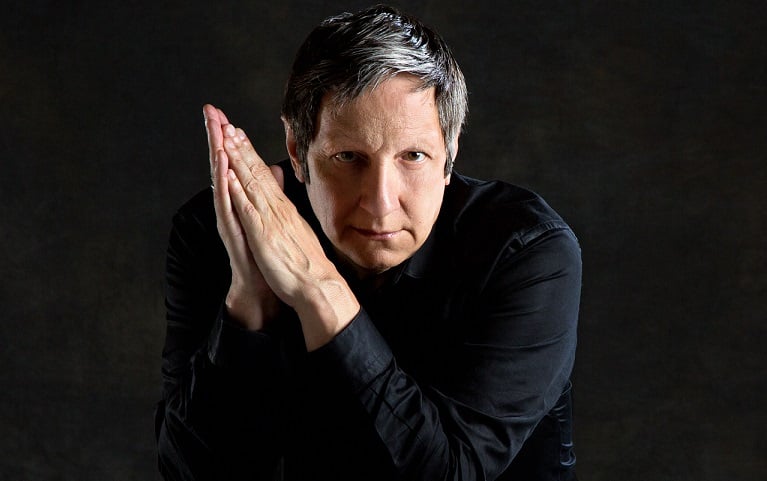
What happens when an internationally acclaimed theatre producer is accused of cultural insensitivity? He puts on another productio…
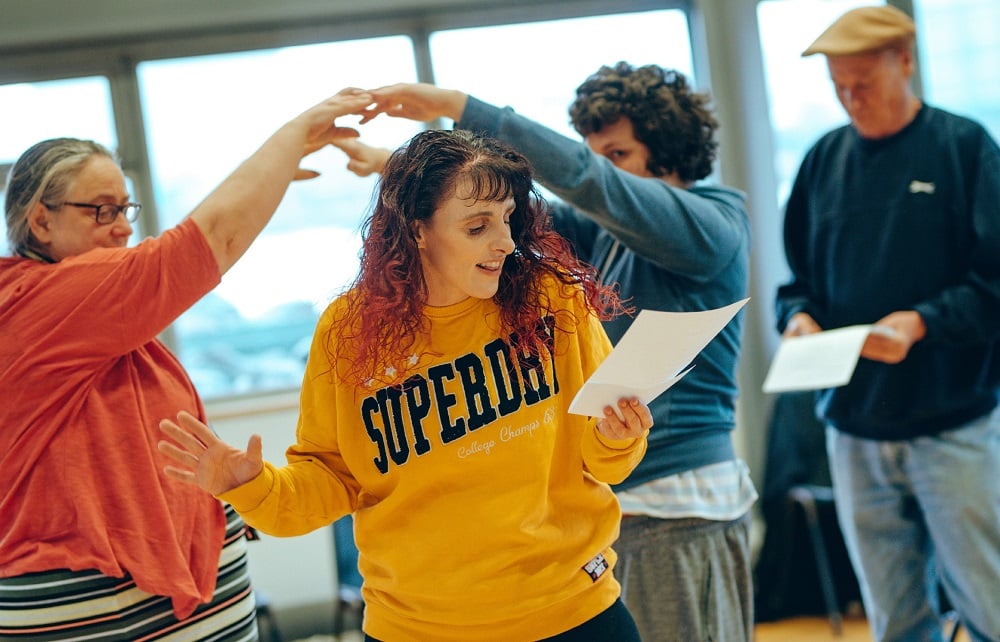
We can only change our local communities if we’re willing to change ourselves, says Carol Jones.
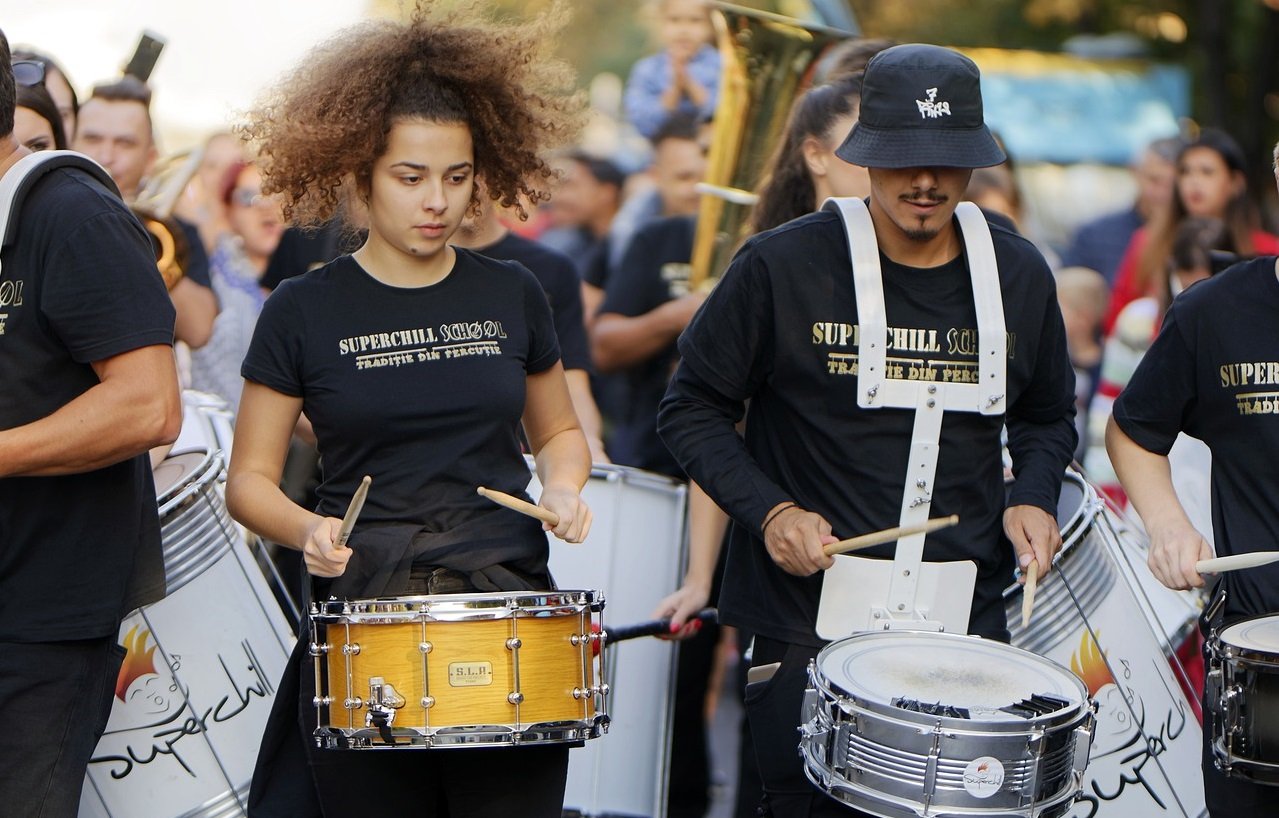
It’s time to turn up the volume on the needs and interests of young people, says Carol Reid.